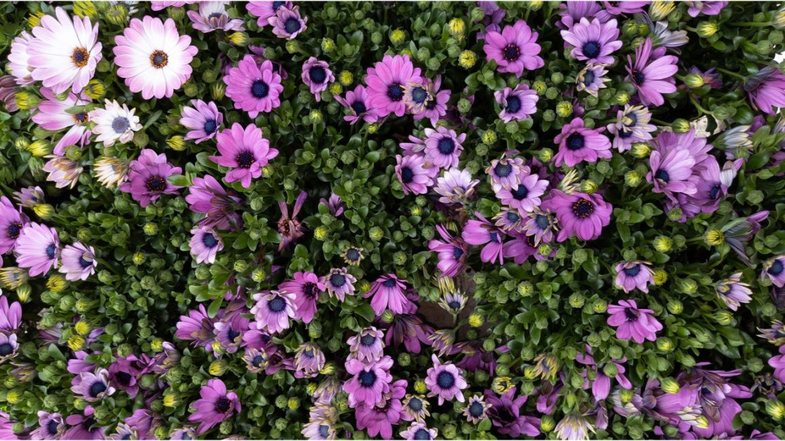
The allergy season is getting longer and there is more pollen in the air. This is bad news for people with seasonal allergies and the situation is unlikely to improve until the climate stops warming, experts say.
A recent study found that pollen season increased by 20 days a year between 1990 and 2018, while pollen concentrations in North America increased by 21% over the same time period. Pollen in the air can also be increasingly potent and thus more allergic, the study found.
"Climate change" is the dominant driver of changes in the length of the pollen season and an important contributor to increased pollen concentrations, "the study authors wrote.
Dr. Anna H. Nowak-Wegrzyn, an allergist at Hassenfeld Children’s Hospital in NYU Langone in New York, said climate change could also trigger new types of pollen when plants adapt to higher temperatures.
What you can do
- Learn what pollens you are allergic to.
- Avoid opening windows during pollen season.
- Take a shower after spending a lot of time outdoors,
- Wear sunglasses and hats.
- Wear a mask during the season.
- Start treatment according to the instructions of specialists.
Sources: Healthline, WebMD





